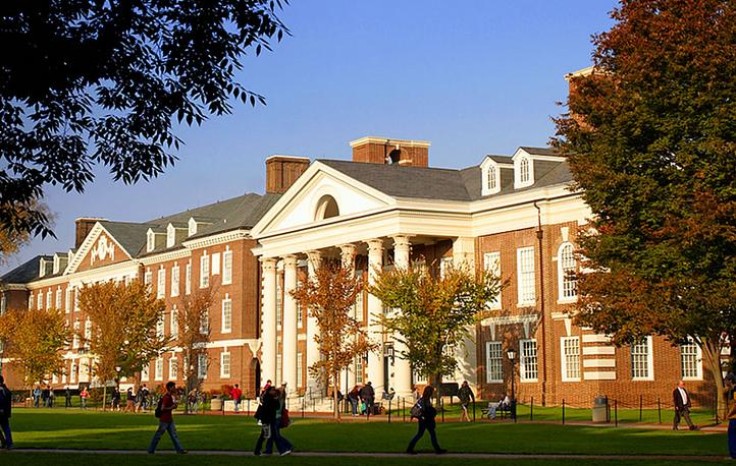University of Delaware Students Protest as Trump Administration Revokes Eight International Student Visas
By
On April 16, 2025, students, alumni, and faculty at the University of Delaware gathered to protest the abrupt revocation of visas for eight international students, a move attributed to the Trump administration's escalating immigration enforcement. The demonstration, reported by NBC Philadelphia, follows news that broke on April 10, 2025, of the federal government terminating the legal status of three current and five former students at the Newark-based institution, which hosts thousands of international students.
The visa revocations are part of a broader national crackdown, with at least 901 international students across 128 colleges and universities losing their visas in recent weeks, according to an Associated Press review. Many cases appear linked to participation in pro-Palestinian protests, with the Department of Homeland Security (DHS) employing data analytics to scour students' social media histories and criminal records for grounds to revoke visas, NBC News reported.
University of Delaware officials expressed frustration, noting that the federal government provided no explanation for the revocations. "We are keeping our University community informed of related developments and actions we are taking," the university stated, adding that it has created a website to clarify what Immigration and Customs Enforcement (ICE) agents can and cannot legally do on campus. The university is also offering access to immigration legal counsel and other support services.
At the protest, students like Emma Abrams voiced demands for stronger university action. "What we would like to see is legal support for those students, we would like to see a cessation of working with ICE and other federal agencies," Abrams told 6abc Philadelphia. Critics argue the university's response has been inadequate, with some calling for Delaware to declare itself a "sanctuary campus" to protect students from ICE raids.
Mohammad Abdul Muqtedar Khan, an international relations professor at Delaware, warned of broader consequences. "Actions at the school and across the country against foreign students who are in the country legally will ultimately be harmful for America," he told NBC10. The revocations, often tied to a 1952 foreign policy statute or minor past offenses like DUIs, have sparked concerns about free speech and academic freedom.
The Trump administration's actions, led by Secretary of State Marco Rubio, have targeted students for "acting counter to national interests," particularly those involved in protests against Israel's war in Gaza. This follows President Trump's campaign pledges for stringent immigration controls, with some conservatives accusing foreign students of intellectual property theft.
The University of Delaware's case mirrors incidents at institutions like Harvard, Columbia, and the University of Texas, where visa terminations and federal pressure are reshaping campus dynamics. As the affected Delaware students face uncertain futures, the protest underscores a growing resistance to what many see as an overreach of federal power. The university continues to monitor developments, but with no clear resolution, the fight for its international students' rights is far from over.
© 2025 University Herald, All rights reserved. Do not reproduce without permission.








